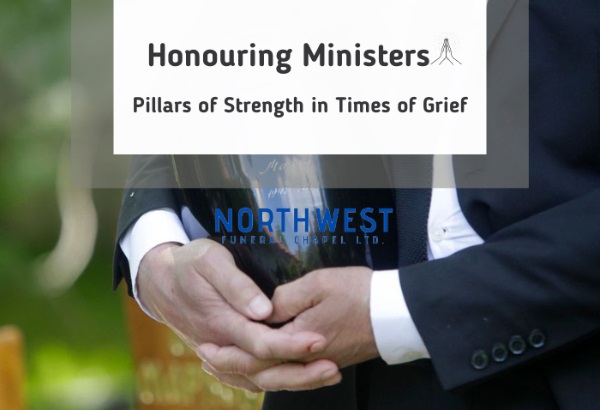Funeral services are pivotal moments in the lives of families and communities, providing a space for grief, remembrance, and closure. At the heart of these ceremonies are ministers, and spiritual leaders who offer comfort, guidance, and a beacon of hope to those navigating the difficult terrain of loss. In this article, we delve into ministers’ profound role in funerals, illuminating their impact on the grieving process and the celebration of life.
Ministers: Our Compassionate Guides
Often synonymous with clergy members or religious leaders, ministers serve as compassionate guides during funeral services. They provide spiritual support, offering prayers, readings, and reflections that honour the life of the deceased and provide solace to the bereaved. Ministers also help families navigate the logistical aspects of the funeral, ensuring that the service aligns with their religious or spiritual beliefs and traditions.
Ministers Help Create Meaningful Ceremonies
One of the most important roles of ministers is to create a meaningful and personalized ceremony that reflects the life and values of the deceased. They work closely with the family to select readings, music, and rituals that honour the memory of their loved one. Ministers also offer words of comfort and encouragement, helping mourners find meaning and peace in the midst of their grief.
They Support the Bereaved
Beyond the funeral service itself, ministers play a crucial role in supporting the bereaved in the days, weeks, and months following the loss of a loved one. They offer pastoral care, providing a listening ear and spiritual guidance to help individuals navigate the complex emotions of grief. Ministers also help connect mourners with additional support services, such as grief counselling or support groups, to ensure they have the resources they need to heal.
Healing through Faith and Community
For many, faith and community are pillars of strength during grief. Ministers help individuals draw upon these resources, offering words of faith and encouragement that provide comfort and hope. Through the support of their faith community, mourners can find solace in the knowledge that they are not alone in their grief, finding support and understanding from others who share their beliefs and experiences.
Final Thoughts
Ministers play a multifaceted and essential role in funeral services, serving as compassionate guides, creators of meaningful ceremonies, and pillars of support for the bereaved. Their presence provides comfort, guidance, and hope to those navigating the difficult terrain of grief, illuminating the path to healing and remembrance. While lauding the role of ministers in funerals, we honour the profound impact they have on the lives of individuals, families, and communities during times of loss.

